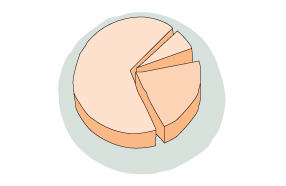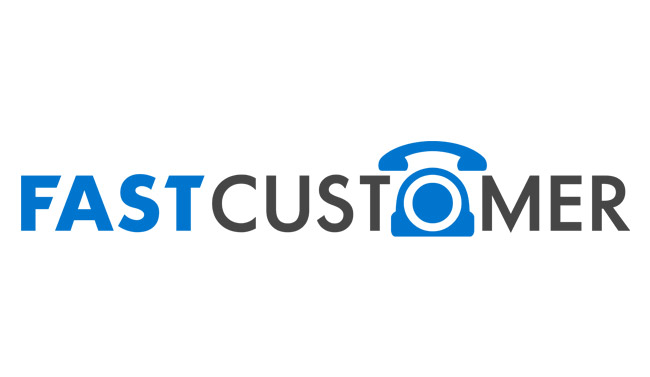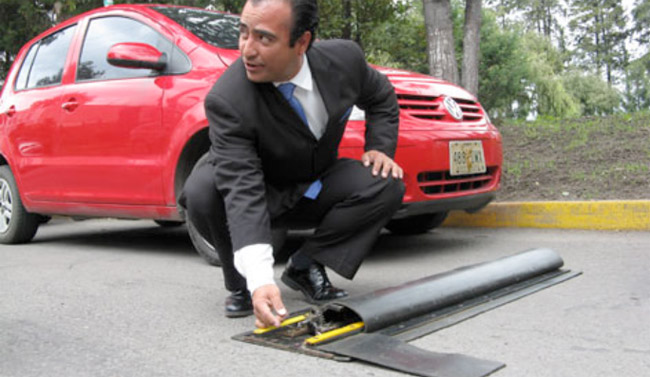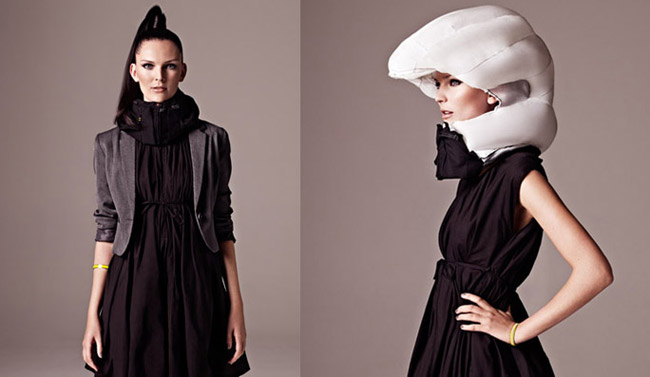Innovation
The Apple Watch, iPad, and Customer 3D
Customer 3D creates a changed worldview of customers, which becomes a “wearable” for your organization. Once you embrace it, you wonder how your company lived without it.
What You Are Already Doing
It’s easy for organizations to explain what they already are doing well for the customer. It’s often difficult for them to explain what they could have done better.
Customer Effort
It’s good that the world is paying more attention to the amount of effort that a customer must exert in order to do business with us. Nevertheless, there is still a lot more that companies should be doing. “Stop Trying to Delight Your Customers” (Dixon, Freeman, and Toman in the HBR, July-August 2010) introduces the […]
The Customer 3D™ Premium
All of us are well aware that basic knowledge is getting more basic, because it is more easily accessible. Google and other high-performance search engines have proven that. Customer 3D™ organizations are factoring this trend into the design of their services in order to creatively grow their businesses. It’s happening at two ends of the […]
Customer-Centered Small Teams
I love it when institutions in traditionally stodgy industries transform themselves into juggernauts of innovation by being human-centered. The Center for Innovation (CFI) at the Mayo Clinic is one really successful example. It started with a small team.
The CFI began by applying an accepted model—testing new drugs in clinical trials—and asking why the same tests could not be done on doctor-patient interactions.
A Bigger Pie
When you see bigger, you think smarter. When you reverse scarcity thinking and believe that what you are offering can expand into new markets based on anticipating and solving customer needs, then the market becomes much more boundary-less.
The Customer 3D™ Premium
All of us are well aware that basic knowledge is getting more basic, because it is more easily accessible. Google and other high-performance search engines have proven that. Customer 3D™ organizations are factoring this trend into the design of their services in order to creatively grow their businesses. It’s happening at two ends of the […]
Do You Hate Waiting on Hold?
So did the co-founders of FastCustomer.com! Now, instead of spending precious minutes listening to pre-recorded messages or “waiting on hold,” download the FastCustomer App or visit them online,.
Smart Speed Bumps
Decano Industries in Toluca, Mexico, is developing a “smart” speed bump. This speed bump measures the speed of the car driving over it and collapses if the car is going the appropriate speed.
Fashionably Safe
Hövding is a bicycle helmet cleverly disguised as a scarf. Instead of having to wear the classic helmet to protect your skull from injury
A 3D Look Into the Future
The Customer 3D™ system approaches the future the way the design thinkers do. Customer-centered champions recognize that solutions are simply better iterations of today’s reality; but they also understand that even better models can be found by continuing to experiment with new approaches that will add even greater value in the future.
Customer 3D™ Collaboration
Customer 3D companies operate in a more cohesive way than conventional businesses. Employees have a single focus—the customer—and this purpose unifies the reason for their work and makes sense of the decisions that need to be made.
Not Questioning Enough
Companies must open windows to new service design ideas in an effort to connect with customers. Leaders in high-performing organizations must aggressively question “not broken” processes that appear to be “working” in order to discover how they can be further improved. Today’s approach to customer relations has to go beyond an “absence of problems” mentality to embrace innovation in order to stay ahead of the competition.
The Future is Arriving
In every industry, there are exceptional performers that don’t have to look for customers. Instead, they draw them in by defining the future that these devotees want to be shown. Rather than trying to perfect what is already being done, Customer 3D companies question what is not being said and then go after that new dimension.
Customer 3D Progress
The Customer 3D™ system uses a measurement process, which can quantify the progress toward becoming more customer-centered. 3D leaders never stand still in their search for new ways to make their organization work better for their customers.
Units of Measure
The Customer 3D™ system inside an organization measures momentum or the “amount of motion” that is happening for customers. It transcends individual transactions to ask, “What else can we improve?” It tracks how organizations touch customers' lives.
Double Opportunities
One-dimensional companies look at what they can or cannot do, rather than what the customer needs or values. Customer-centered companies think proactively and innovate with creative ideas that will benefit the customer and that will also work out better for employees.
Missing the Obvious
Instead of fine-tuning the status quo, customer-centered organizations find opportunities to make the process more valuable by solving consumers’ problems.
Customer Effort
A great measure of an organization’s focus on customer success is how customers perceive their Return on Effort. High-performing companies are always searching for ways to design more user-friendly processes. This goal of reducing customer effort can best be achieved in a “question-everything” organizational culture.
Customer by Committee
Organizations don’t need a committee to decide what makes sense for the customer. They need guiding principles that will permit freedom to design great ideas, but with an unmistakable gauge—the customer.
The Milkshake Mistakes
By being customer-centric, you will you position yourself to notice things that you hadn’t noticed before. Your creativity will increase and so will your proactivity in designing new ideas for customers.
Positive Customer Conditioning
Customer-centered organizations create positive customer conditioning through a system that delivers great company-wide ideas, not through transactional courtesy on the part of individual employees.
Creativity Focused on Customers
Use creative ways shake up your thinking and to open “the floodgates of inspiration.” Lisa Aschmann's song scenarios provide innovative ideas for doing great things for customers.
Customer-Centricity: Two Meanings
A culture of giving which brings what Seth Godin calls “gifts that touch us, gifts that change us” to customers will place those organizations at the center of their customers’ universe.
Running to Stand Still
Companies should be asking: What things are our customers missing that we could give them (which will make us really different)? Being customer-centered is the essence of differentiation.
Customer Myopia
Most supplier-centric organizations rationalize that they know what customers need. What these companies perceive to be needs fall far short of what customers want. Customer-centric organizations look for new opportunities to offer to their customers, rather than waiting for them to be asked for.
Customer Emergence
Design thinking is purposeful. It is the optimistic way of the future, focused on discovering and implementing new ideas for customers. In fact, design thinking can only be successful when it approached with a positive bias for customers.
Two Ways to Innovate
Innovation happens when organizations think like their customers. The approach should be built on the goal of making the exception the rule. Organizations should constantly be looking for a better way to accomplish what they are doing. And it should always be based on the real-world needs of the customer.
Keeping Pace with Customers
Make sure that your organization is prepared for change by putting some customer-centered monitors in place that will condition everyone to look for new ways by questioning the old ways. Set up a process to evaluate change on customers’ terms, not yours. It will be a great platform to start discussions of ways to strengthen your organization by consistently looking for ways to outperform.
Discovering a Better Way for Your Customers
Customer-centricity will not happen unless your organization is curious about customers and what they will need in the future. Create a culture that is continuously looking for ways to learn more about customers. Don’t become complacent. Be an explorer.
I Know All the Right Answers
Much of our client work involves assisting leaders in developing their organizations to become more customer-centered. But what if the leaders don't get it? What if they think they know all the right answers about customers already? A phrase that you hear a lot these days is "They don't know what they don't know". I […]
The Potential Product
Everything-products or services-can be enhanced to perform better than it does today. Rather than thinking about what the service currently looks like, envision what it can be in the future. The secret is to approach it from the user's viewpoint--by thinking like a customer. Harvard professor Ted Levitt defined this development process 40 years ago […]






























